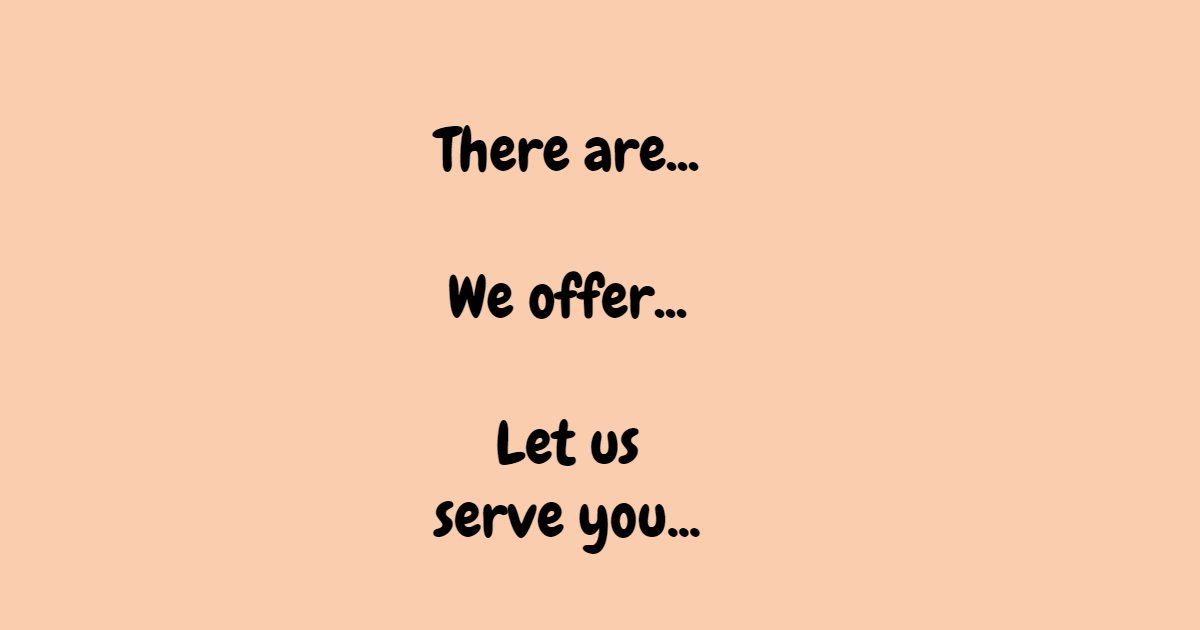From old-school radio ads to the evolving world of YouTube videos – and whatever comes next (probably being dreamed up right now by some 20-year-old wunderkind sitting in his boxers in his parents’ basement) – the mission is the same: create persuasive copy that connects, captivates, and includes a strong call to action.
Don’t have the time or capabilities to get the job done right?
Then you’ll be happy to hear that we do.

Our writers know how to speak the language of your viewers and listeners, writing copy that fits the format. They’ve got an ear for TV and podcasts … an eye for Instagram and explainer videos … a brain for understanding your business, what sets it apart, and how to sell it … and a sense of urgency.
Which means they’ll keep your content current and never miss a deadline.
Working with The Writers For Hire is like adding a dedicated creative staff to your business. Your team will include a lead writer with specialized skills who will ensure your copy is the best it can be, an editor to fact-check and polish, and a project manager who will make certain your project stays on track (and can give you a fast and easy update any time you need it).
Web Video
Our writers create believable copy that tells a story, attracts attention, and inspires action. For online media, we also ensure your copy is search-engine-optimized:
- It begins with a gripping, clickable headline that includes specific benefits and makes the reader want to learn more.
- It targets keyword phrases.
- It includes page links to leader your readers where you want them to go.
- It’s concise and easy-to-read.
- It gets shared. Remember, what people say about you is more important than what you say about yourself.
Explainer Videos
Because they can capture attention and engage website viewers more easily, explainer videos are exploding in popularity. These short animated or live-action pieces show, rather than just tell, viewers what your product or service can do for them. Generally 30 to 90 seconds long, explainer videos encourage people to spend more time on your website, and that increases your search engine page ranking. In addition, studies suggest that using video on landing pages can increase conversion by 80%, boosting revenue.
Of course, a bad video – ad-libbing, unprofessional production values – can be worse than no video at all.
How can you get the most from your explainer video?
- Remember that the explainer video is intended to intrigue viewers and get them to take a next step. You won’t have time to tell everything there is to know about your product or service, so you have to use your seconds wisely.
- Your copy should be benefit-heavy. Tell how your product or service will change the viewers’ lives.
- Simplify the complex, or you run the risk of glazed-over eyes. Sure, your subject matter experts are geniuses, but they can be too mired in the details to get the story across effectively. A skilled copywriter can work with your subject matter experts to tease out what’s most important.
- Although you want to educate the viewer, it’s good to be entertaining, too. And, yes, it is possible to do both simultaneously and still be taken seriously.
- Include a call to action. It can be visible throughout the entire video or pop up occasionally.



